Hitachi unveils ‘industry first’ 25nm SSD
The storage giant brings single-level cell NAND flash to enterprise storage.
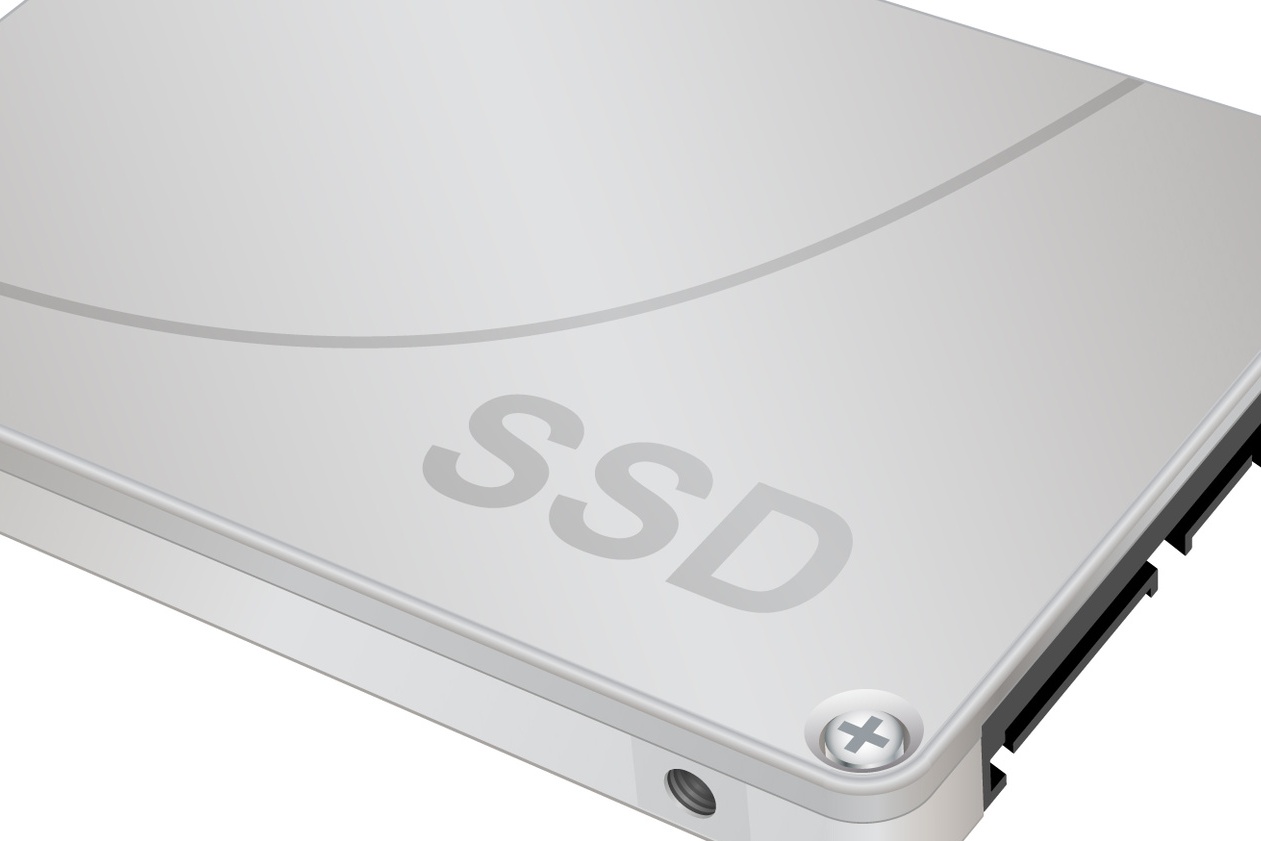

Hitachi Global Storage Technologies (GST) has claimed to achieve an industry first this week with the launch of its Ultrastar SSD range.
The company said it was the first time single-level cell NAND flash based on 25nm technology had been made commercially available, bringing speedier throughput and better performance to enterprise storage arrays.
That Hitachi is now stating a five year life with considerable i/o hammering is good news
The Ultrastar SSD400S.B range comes in three capacities - 100GB, 200GB and 400GB - and uses 2.5 inch 6Gbps Serial Attached SCSI (SAS) interfaces to allow for fail-over to a second port.
Another added in resilience comes from Intel. The company worked closely on the SSDs with Hitachi to bring in what it called "endurance firmware" and power management features, enabling the SSDs to last much longer.
Hitachi claimed a 400GB SSD could handle up to 35PB of random writes during its lifetime, the equivalent of writing 19.2TB to the drive every day for five years.
Clive Longbottom, founder and principle analyst at Quocirca, said this element was much more important than being the first in the industry to use 25nm SLC NAND flash.
Get the ITPro daily newsletter
Sign up today and you will receive a free copy of our Future Focus 2025 report - the leading guidance on AI, cybersecurity and other IT challenges as per 700+ senior executives
"Vendors have kept pretty quiet about how SSD technology has a limited life each memory bubble can only be written to for a reasonably limited number of times before it just gives in, and historically, this has been less than three years' use," he said.
"There are a lot of enterprises out there having gone for SSD who will find their tier zero storage systems falling off the edge of a cliff in the next year or so. That Hitachi is now stating a five year life with considerable i/o hammering is good news."
Security is also a headline feature of the Ultrastar portfolio, with the option to buy self-encrypting drives. An encryption key is built into the drive and can only be accessed by the customer.
If the key is deleted, all of the data becomes unreadable. Hitachi claimed these features enabled better performance by moving encryption away from the processor.
"Security is a growing concern among enterprise customers, especially those in financial services, e-commerce and online transaction processing," said Brendan Collins, vice president of product marketing at Hitachi.
"With our new 25nm SLC SSDs, our enterprise customers now have the highest level of data protection in an SSD without compromising system performance, reliability and endurance."
Hitachi again claimed to beat its rivals with throughput speeds. The Ultrastar drives offer up to 536MBps read throughput and 502MBps write throughput, as well as up to 57,500 read and 25,500 sustained write IOPS. This, the firm claims, is 100 times faster than traditional hard drives.
The SSDs also offer low power consumption and, with less SSDs needed to achieve better performance than HDDs, Hitachi claimed the cost of IOPS per watt was also significantly reduced.
The Ultrastar SSD400S.B range has begun to ship already and Hitachi is in the process of working out OEM partnerships.
Jennifer Scott is a former freelance journalist and currently political reporter for Sky News. She has a varied writing history, having started her career at Dennis Publishing, working in various roles across its business technology titles, including ITPro. Jennifer has specialised in a number of areas over the years and has produced a wealth of content for ITPro, focusing largely on data storage, networking, cloud computing, and telecommunications.
Most recently Jennifer has turned her skills to the political sphere and broadcast journalism, where she has worked for the BBC as a political reporter, before moving to Sky News.
-
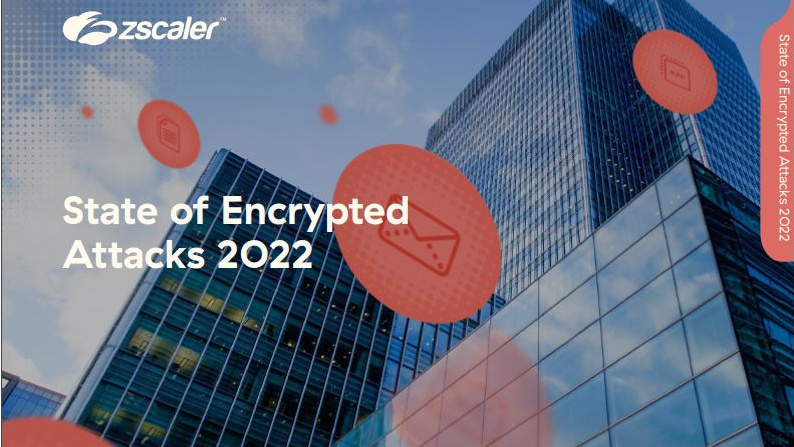 ThreatLabz Report: The state of encrypted attacks
ThreatLabz Report: The state of encrypted attacksWhitepaper What's hiding in your web traffic?
By ITPro
-
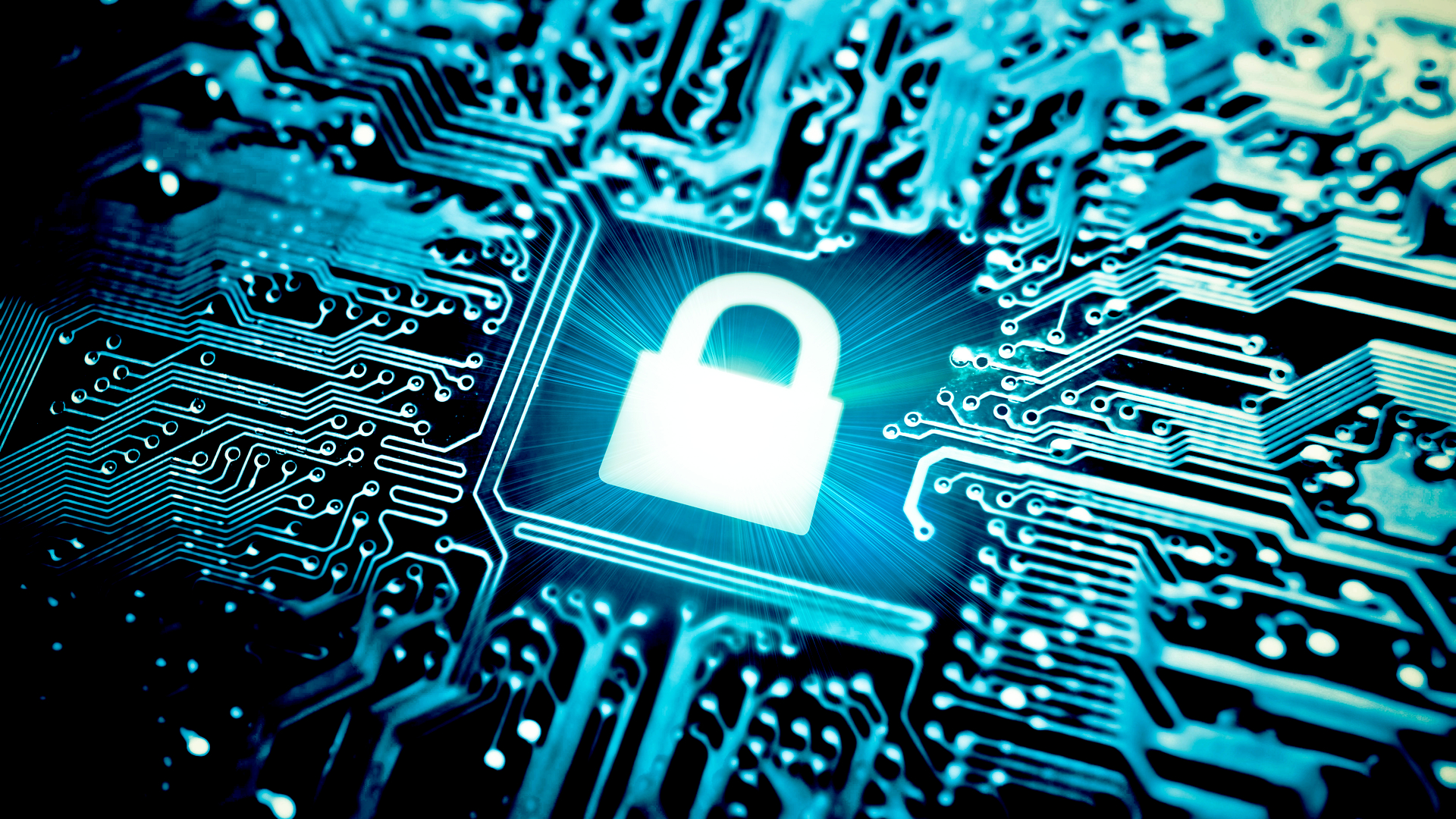 How to encrypt files and folders in Windows 10
How to encrypt files and folders in Windows 10Tutorials Here’s how to make your sensitive data unreadable to prying eyes
By Dale Walker
-
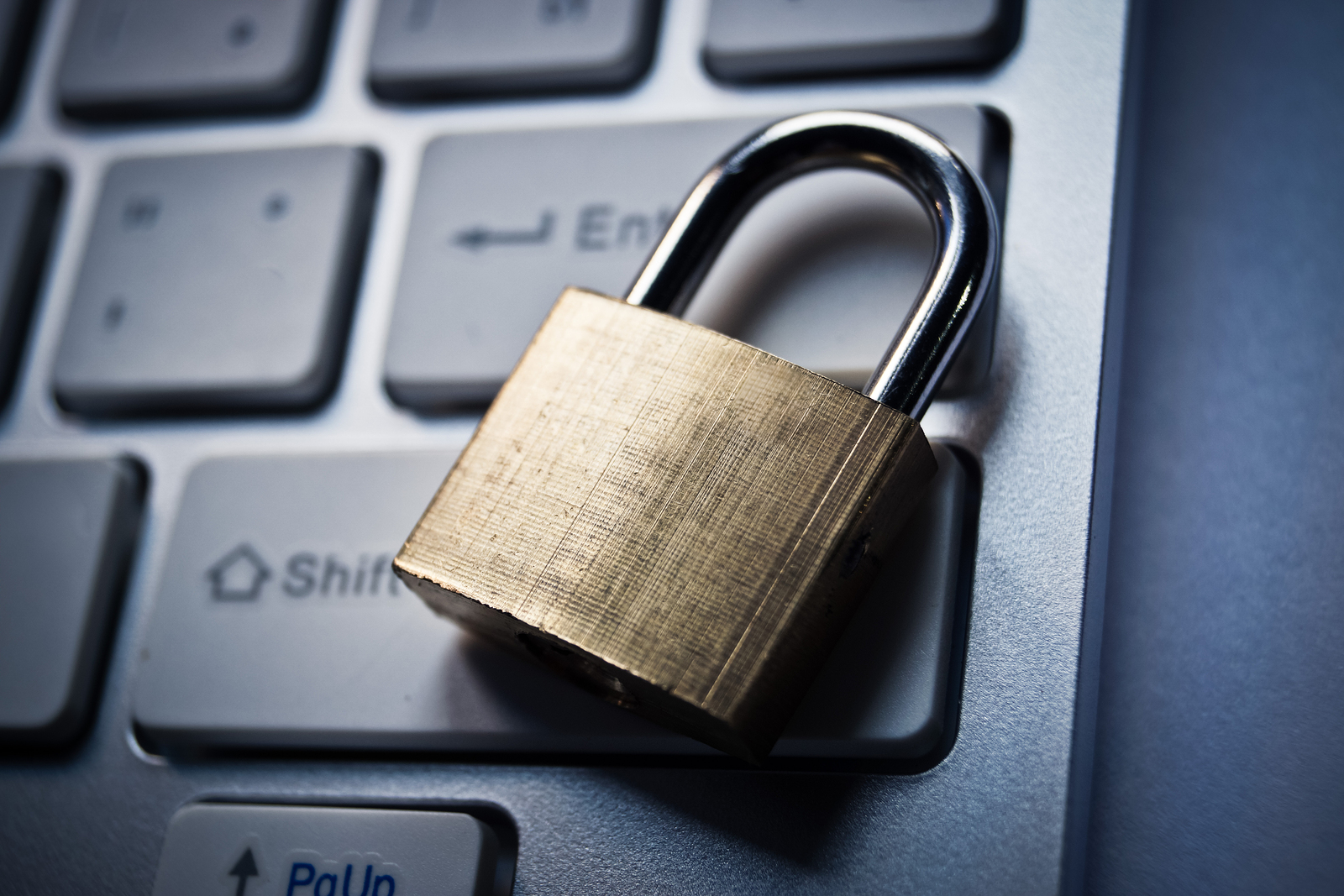 The government needs to abandon its war on WhatsApp
The government needs to abandon its war on WhatsAppOpinion Encryption might seem like an easy target, but mess with it at your peril
By Adam Shepherd
-
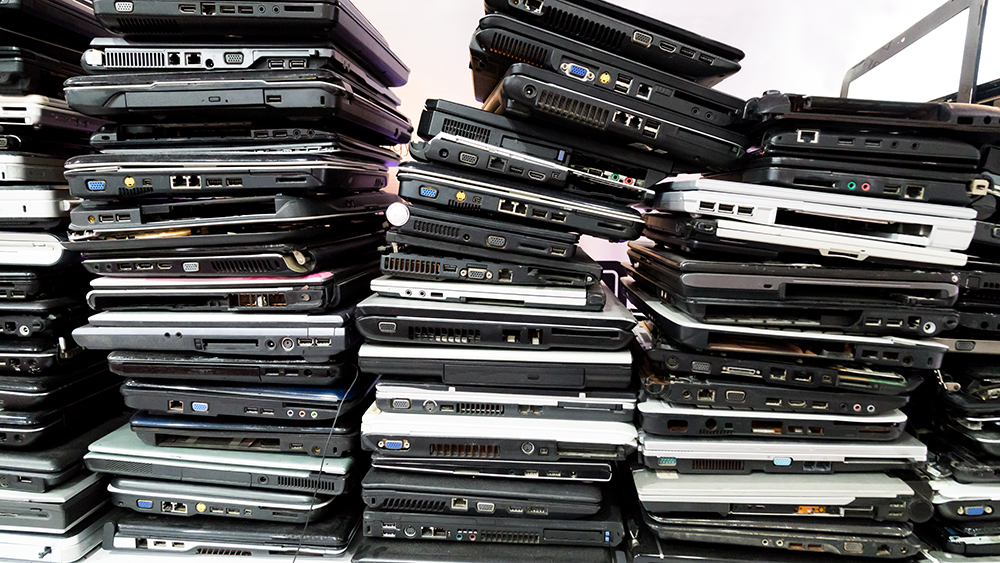 Watch: Now this is how you securely erase data
Watch: Now this is how you securely erase dataIn-depth Delete your data properly - by smashing your laptop to pieces
By Adam Shepherd
-
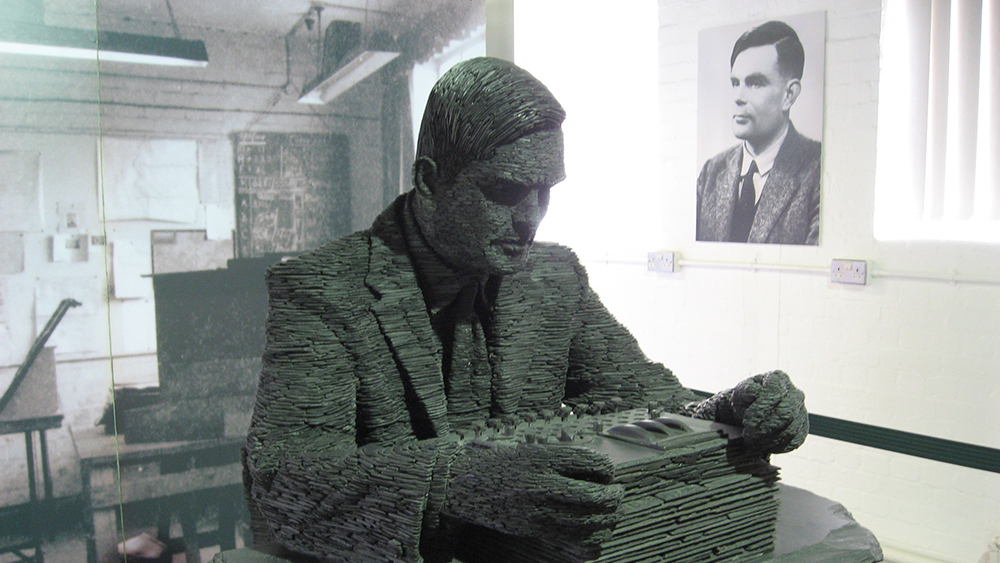 Alan Turing's computer-generated music gets restored after 65 years
Alan Turing's computer-generated music gets restored after 65 yearsNews Decades later, you can now hear the true sound of Turing's computer
By Lee Bell
-
 Two laptops are lost on the tube every day, says TfL
Two laptops are lost on the tube every day, says TfLNews Number of lost devices has shot up by almost 80 per cent since 2010
By Adam Shepherd
-
 Social networks should report suspicious users, says spy boss
Social networks should report suspicious users, says spy bossNews MI5 director general calls for updated surveillance powers
By Rene Millman
-
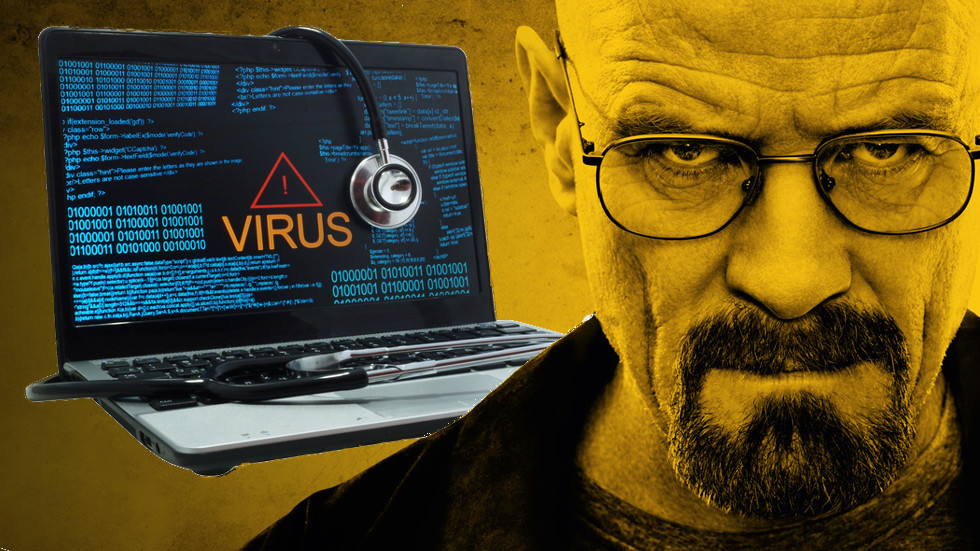 Symantec finds Breaking Bad-themed ransomware
Symantec finds Breaking Bad-themed ransomwareNews Better call Saul, because these hackers may have encrypted your data
By Adam Shepherd

